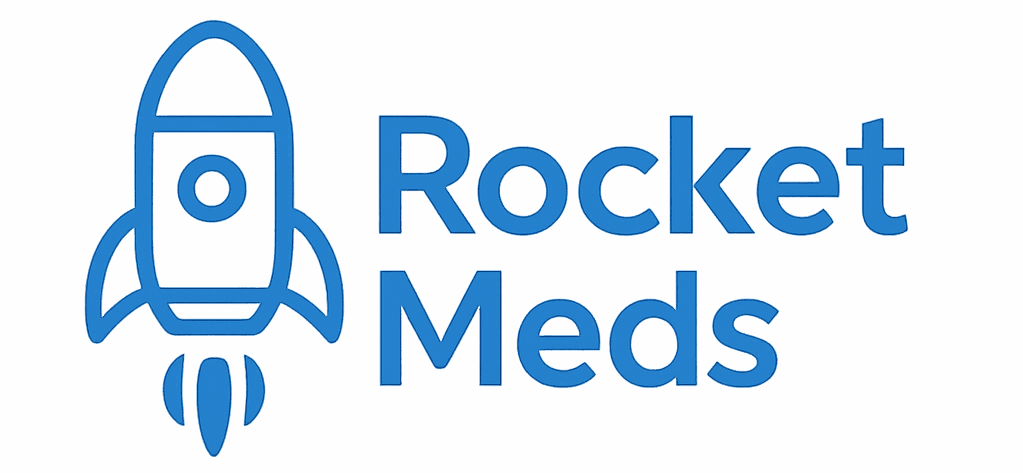In today’s fast-paced world, many people are seeking ways to improve their health and well-being. As we navigate through various health concerns, we are often faced with a choice: should we rely on medical approaches for anxiety or explore natural remedies? Both approaches have their benefits and limitations. In this article, we’ll explore the differences between medical and natural approaches and discuss how to find the right balance between the two.
Medical approaches for anxiety refer to treatments and interventions that are based on scientific research and practiced by healthcare professionals. These include prescription medications, surgeries, and other procedures that aim to diagnose, treat, or prevent diseases.
Benefits of Medical Approaches for Anxiety
- Evidence-Based: Medical treatments are backed by rigorous scientific research and clinical trials. This means they have been tested for safety and effectiveness.
- Quick Relief: For acute conditions like infections or injuries, medical interventions can provide fast relief and prevent further complications.
- Chronic Disease Management: For chronic conditions such as diabetes or hypertension, medical treatments can help manage symptoms and improve quality of life.
Limitations of Medical Approaches for Anxiety
- Side Effects: Many medications come with potential side effects, which can sometimes outweigh the benefits.
- Over-reliance: There’s a risk of becoming too dependent on medications for every health issue, neglecting lifestyle changes that could address root causes.
- Cost: Medical treatments can be expensive, especially without insurance coverage.
Exploring Natural Approaches
Natural approaches, often referred to as holistic health, focus on using natural remedies and lifestyle changes to promote well-being. This can include herbal medicine, acupuncture, meditation, and dietary changes.
Benefits of Natural Approaches
- Fewer Side Effects: Natural remedies often have fewer side effects compared to pharmaceuticals.
- Holistic View: These approaches consider the whole person—mind, body, and spirit—rather than just treating symptoms.
- Preventative Care: Natural remedies and lifestyle changes can prevent illness by enhancing the body’s natural defenses.
Limitations of Natural Approaches
- Limited Research: While some natural remedies are supported by research, others lack rigorous scientific validation.
- Slower Results: Natural approaches may take longer to show results, which can be frustrating for those seeking quick relief.
- Not Suitable for All Conditions: Some serious health conditions require medical intervention and cannot be effectively managed with natural remedies alone.
Finding the Right Balance
Balancing medical and natural approaches requires careful consideration of individual health needs and circumstances. Here are some steps to help you find the right balance:
1. Assess Your Health Needs
Consider the nature and severity of your health issues. Acute and life-threatening conditions often require immediate medical intervention, while chronic issues may benefit from a combination of both approaches.
2. Consult Healthcare Professionals
Discuss your interest in natural remedies with your healthcare provider. They can offer guidance on integrating these approaches safely with your current medical treatments.
3. Research and Educate Yourself
Stay informed about the latest research on both medical and natural treatments. Understanding the benefits and risks associated with each can help you make informed decisions.
4. Personalize Your Approach
What works for one person may not work for another. Customize your health plan based on your unique needs, preferences, and lifestyle.
5. Monitor and Adjust
Regularly evaluate the effectiveness of your chosen approaches. Be open to adjusting your strategies as your health needs change over time.
Practical Examples of Integrating Both Approaches
To illustrate how medical and natural approaches can be combined, let’s look at a few examples:
Example 1: Managing Anxiety
- Medical Approach: Prescription medications such as SSRIs can help manage anxiety symptoms.
- Natural Approach: Incorporating yoga, meditation, and herbal teas like chamomile can complement medical treatments and promote relaxation.
Example 2: Controlling Hypertension
- Medical Approach: Blood pressure medications are often prescribed to manage hypertension.
- Natural Approach: Dietary changes, regular exercise, and stress reduction techniques can support blood pressure management.
Example 3: Treating Insomnia
- Medical Approach: Sleep aids may be prescribed for severe insomnia.
- Natural Approach: Establishing a bedtime routine, using relaxation techniques, and consuming sleep-promoting herbs like valerian root can improve sleep quality.
Conclusion
Finding the right balance between medical and natural approaches is a personal journey that requires careful consideration and informed decision-making. Both approaches offer valuable benefits and, when integrated thoughtfully, can enhance your overall health and well-being. Remember to consult healthcare professionals and stay informed to make the best choices for your unique health needs.
By embracing a balanced approach, you can take charge of your health and work towards a healthier, more fulfilling life.






